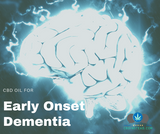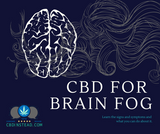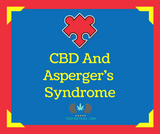As if being sick wasn’t enough, the downside of certain medications can have you end up worse for wear after treatment. Some drugs, as well as other environmental chemicals or substances, can cause symptoms as severe as hearing loss. When something is toxic to your ears, it is called ototoxicity, and scientists are discovering that medical cannabis may be able to help.
What is Ototoxicity? 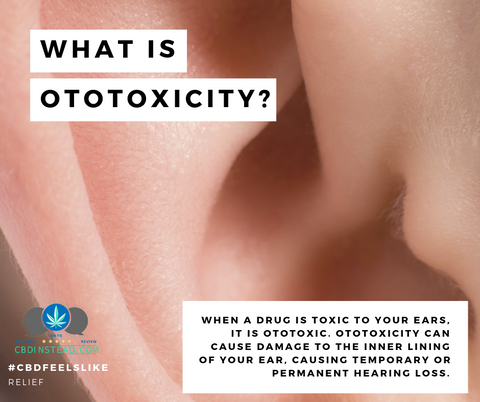
is when the medication you are taking is damaging to your ears. Because of the toxicity, the medicine can damage the inner lining, which can lead to either temporary or permanent hearing loss.
Ototoxic Drug Types
- Antibiotics
- NSAIDs
- High doses of salicylates
- Diuretics
- Chemotherapy drugs
- Environmental chemicals and other substances like lead, carbon monoxide, or alcohol
Doctors have a good idea of what drugs will cause a higher risk of ear damage than others; it isn’t likely that you would receive one unless they believed it was absolutely necessary. It’s not uncommon for them to prescribe you additional medication in these cases to help prevent hearing loss. If you are experiencing symptoms of ototoxicity, you need to let your doctor know.
Symptoms of Ototoxicity
- Ringing in the ears, known as tinnitus
- Unilateral or bilateral hearing loss
- Dizziness
- Balance issues
- Change in gait
- Bouncing or oscillating vision
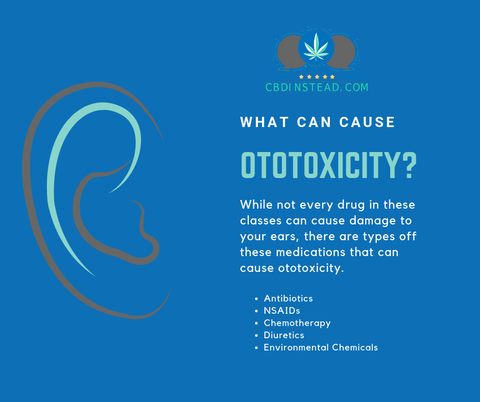
Medical Cannabis and Ototoxicity
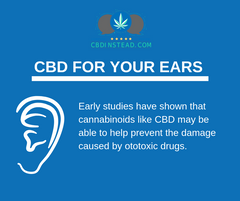
Scientists are studying whether or not medical cannabis is a reliable treatment for ototoxicity. While the studies are still in their earlier phases, scientists are beginning to collect valuable evidence that links medical cannabis and the damage caused by ototoxic drugs.
How Does Medical Cannabis Work?
Medical cannabis, whether is full plant cannabis oil or CBD hemp oil like you can find in our shop, has shown to be so effective because of its interaction with our endocannabinoid system. By interacting with this system, cannabis has the ability to impact your entire body, including your ears.
What is the Endocannabinoid System?
The endocannabinoid system is in charge of homeostasis, which is the process of keeping your body regulated. When you are sick, you get a fever, that is your endocannabinoid system. When you get angry, you cool down eventually, that is your endocannabinoid system. From your physical health to your mental health, the endocannabinoid system has its hands in everything, and this is because of cannabinoid receptors.
What Are Cannabinoid Receptors?
All over your body, you have cannabinoid receptors that help the endocannabinoid system regulate your body. There are two main cannabinoid receptors, and they bind with endocannabinoids to maintain that regulation.
The CB1 cannabinoid receptor is mainly located in the brain but is found all over your body, it binds with the endocannabinoid anandamide and helps to regulate your neurological functions like pain sensitivity, mood, appetite, and sleep cycle. The CB2 receptor is more spread out in your body and mainly binds with the endocannabinoid 2-AG, which helps maintain your immune functions.
Cannabis and Ototoxic Chemotherapy
Studies have shown that ear damage caused by cisplatin, a chemotherapy drug used to treat a number of cancer, may be reduced when targeting the TRPV1 receptors. These are pain signaling receptors, and when they are upregulated, it can lead to ototoxicity.
Researchers have found that a component in the chili pepper, capsaicin, activates the TRPV1 receptors, which showed to cause rapid desensitization and increase the concentration of CB2 receptors, a cannabinoids receptor known for mediating the immune system.
Cannabinoid receptors, you say? So, does this mean… it can’t be… yes, studies have also shown that medical cannabis like CBD hemp oil may be able to have the same effects. In fact, in the study where they tested the efficacy of cannabinoids and ototoxicity, CBD was more effective than the chili compound.
How do Your Take CBD Oil for Your Ears?
You can take CBD orally and still have the opportunity to experience the effects, even in your ears. When starting out with CBD oil for the first time, you should always let your doctor know and start at a low dose. Beginning at a low dose helps you discover if you have any adverse reactions before they become too severe, and helps give you a good foundation when figuring out your dose.
When working with your doctor, it is always suggested to raise your dose slowly. This ensures that you are able to discover your sweet spot considering CBD oil is dose-dependent and is less effective at too high or too low of a dose. If you are experiencing your symptoms getting worse, stop taking the CBD oil immediately and let your doctor know you need to take another course of action.
Have you used CBD oil for your ears? We would love to hear about your success in the comment section below!












